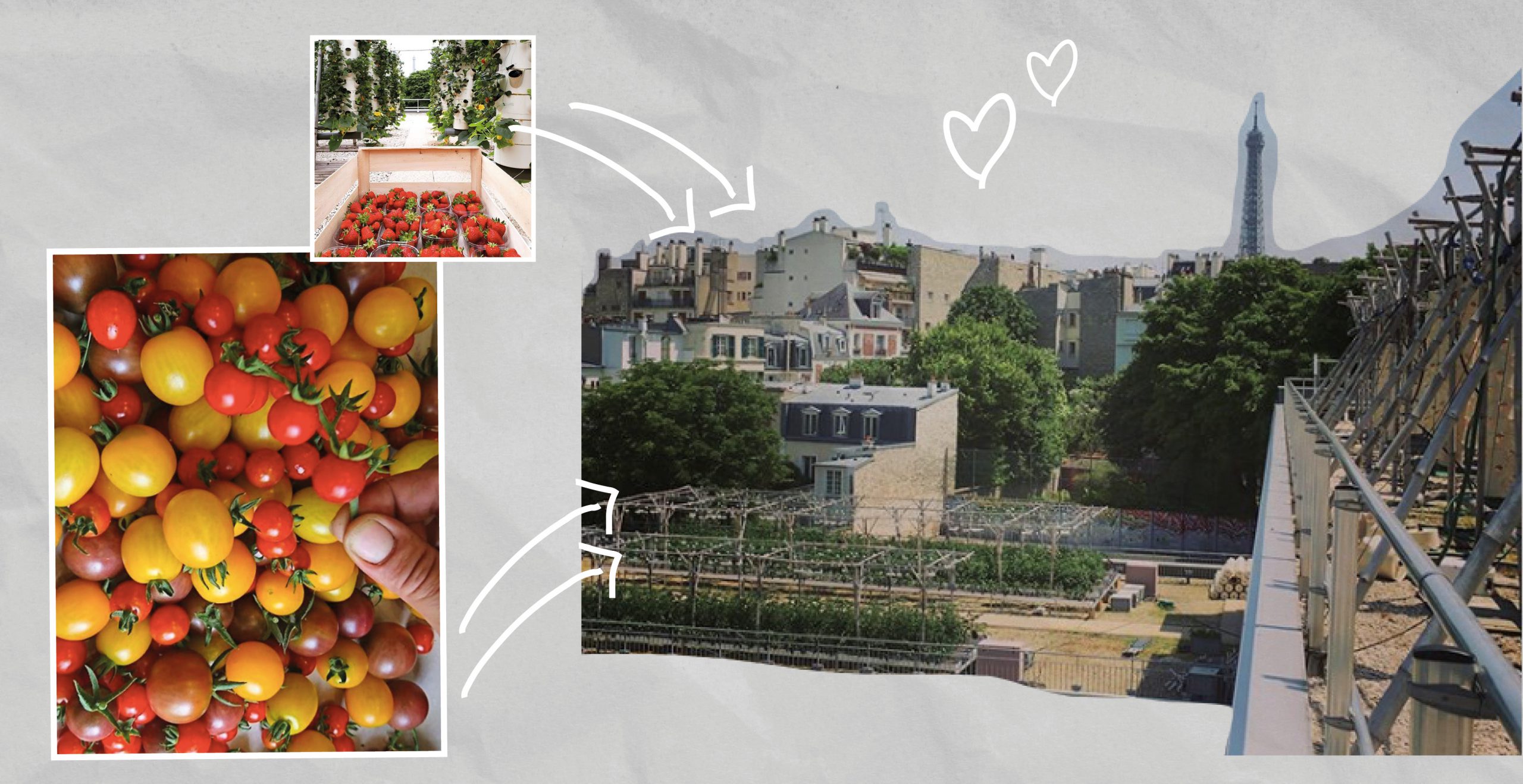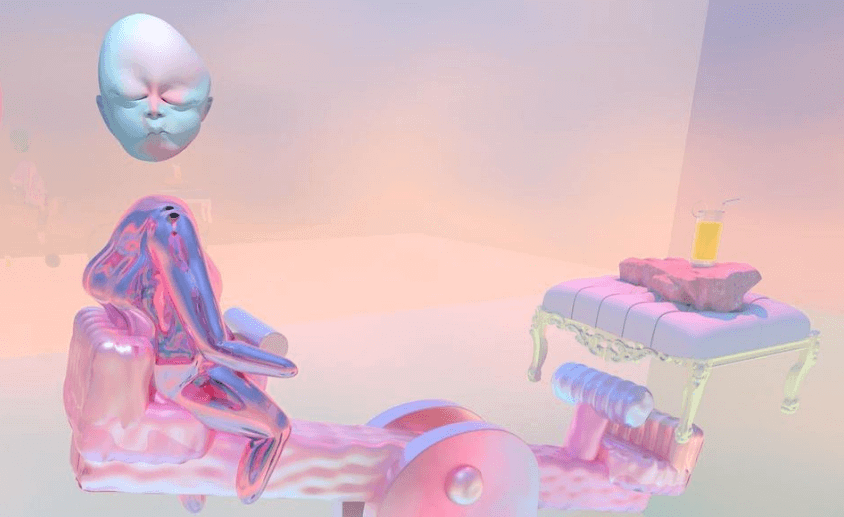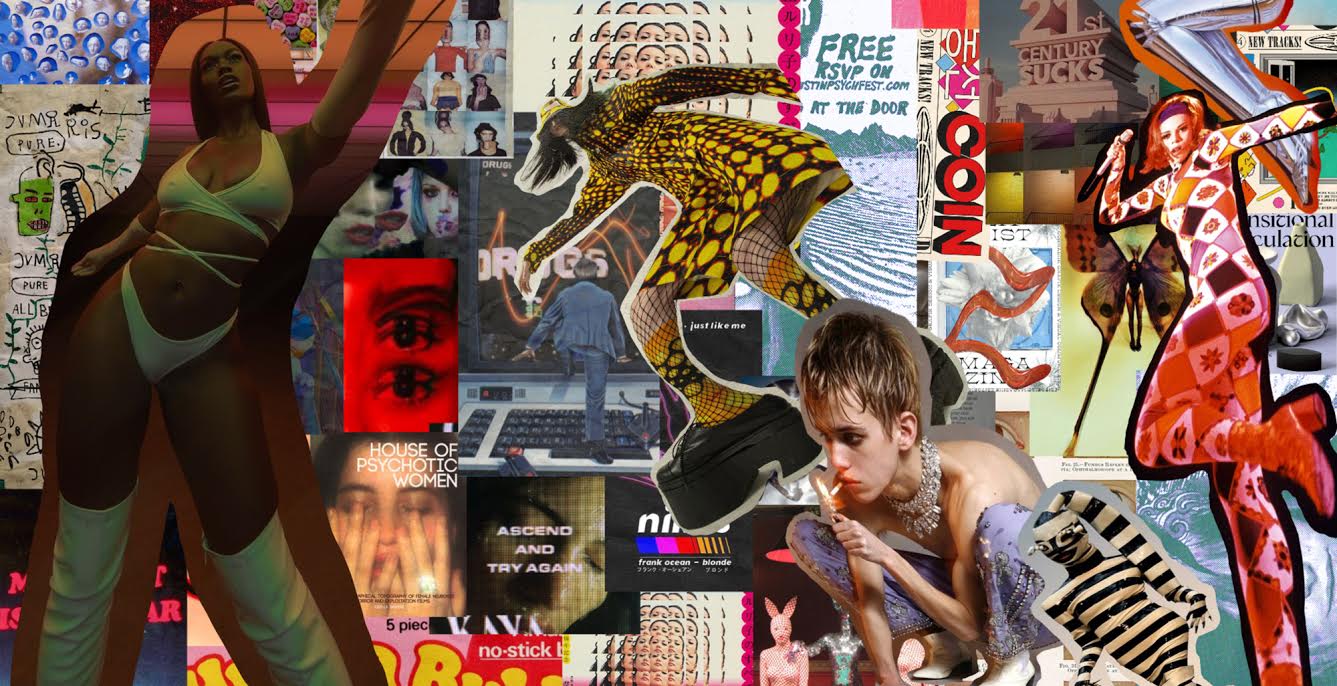Images by: MAISON ARTC
Cultural Preservation Through Design: Meet Artsi Ifrach and Maison ARTC
„From Marrakech to the World“ – Meet Artsi Ifrach, Moroccan designer, founder, CEO, and creative director of the culture house Maison ARTC. Established with the sole purpose of showcasing beauty and inspiring like-minded individuals, the culture house transcends the realm of ordinary fashion brands by embracing the purest form of art – self-expression. At Maison ARTC, every piece is a unique creation, deeply rooted in Moroccan heritage, enriched by global influences, and underscored by a commitment to sustainability and craftsmanship. Artsi Ifrach’s visionary approach breaks boundaries, transforming fashion into a canvas for storytelling and cultural dialogue. Through Maison ARTC, Ifrach aims to shift perspectives on current consumer habits, advocating for a return to mindful, meaningful consumption.
It is a pleasure meeting you! Before we get into the questions I am personally very excited about. How about you introduce yourself and your brand. What/Who is Maison ARTC?
Artsi Ifrach: „Alright, so my name is Artsi Ifrach, and I’m a Moroccan designer. I’m the founder and creator of Maison ARTC. Maison ARTC is a culture house. We like to call it a culture house because we live it as a culture house. It’s a house based in Marrakech. I say „we“, and I don’t say „I“, because I think it’s teamwork. It’s a very small team, but very family-like, like all the Moroccans. And I very much believe that it’s a value house for the future of understanding creative processes. The idea behind our brand is sustainability. All our pieces are one-of-a-kind, upcycled from vintage and antique fabrics, and crafted by artisans, making them very precious and rare. Additionally, we have a few universes. The first universe is our one-of-a-kind pieces. The second universe is our photography, in which I am the creative director and the maker of all the photography that you see. And now, from September, we’re going to have furniture as well that we do in the house itself. So this is Maison ARTC, and I’m Artsi, who created the whole story behind it.“
–
You are not a creative person for the public. You are a creative person for yourself.
–
Thank you for the brief introduction. And now let’s jump into the questions I am very interested in. If there are three words I would use to describe Maison ARTC, it would be „Cultural Haute Couture“. What is it about Morocco/Marrakech that inspires you so deeply? And what does culture mean to you?
Artsi Ifrach: „It’s a quite tricky question, especially in the time we are living in. Because I think culture somehow is fading. And a lot of people forget the source where fashion comes from. Fashion came from culture. And before we had anything that was called a trend or whatever fashion commercialized, we had culture. So culture for me, it’s a big world. It’s a very valuable one. And for the last year, I stopped calling myself a fashion designer. I now call myself a cultural designer. Because first of all, I believe that fashion declines the value of what it is today. It’s become very commercial. It’s become very fast. It’s become somehow not the value that I would like to have.
There are so many aspects of why culture for me is so interesting. And I think each one of us has a culture. Culture is about roots. It’s our DNA. And definitely it’s about personal taste. So for me, that’s what makes it so valuable. That’s the future we are going for. Especially for independent brands and young designers.
Since Maison ARTC is based in Marrakech, I am Moroccan myself. I allow myself to play with my culture and with my heritage. I play with my language. And I use my culture to show it in a way how I preserve it. In order to make it still relevant. In order for it not to disappear. And in order to understand that the value is in human skills and not in machines. Especially not in fast production. I hope that designers will follow it and understand that the source of creativity comes from their culture.“
I agree. Fashion doesn’t need to be labeled as slow; because it simply follows a natural process. It’s also a very cultural practice to work directly with the fabric, understanding and handling it with your own hands, rather than relying completely on machines.
Artsi Ifrach: „I try to emphasize through my work the individuality of a personality. I don’t brand it. I don’t put any etiquette on my clothes that shows the brand. That is very important for me as well. I try to allow people to express their own idea of taste. And how they see it. I think it’s a very different approach. But it’s the approach that I feel most comfortable and more happy with.
It’s a struggle sometimes. Because it takes a long time. But we are consistent and we are insisting on doing it in that way. And I think the growth is very slow and very beautiful. This is also something that I’m very happy with. But our work is very educational and very valuable in order to create inspiration. Because this is a very significant part of being a pioneer in your field. Or even a designer that people look up to. This is actually how I see it. This is what makes me tick. Or what inspires me and be very passionate about it.
There are so many new designers coming in every year. There are so many people who create brands. And I think most of them are missing the point of what it is to be a creative person. You are not a creative person for the public. You are a creative person for yourself. And it’s part of your language and part of your DNA. To show your creativity in that way. And if you take your time in order to build this. Then probably your brand or your name or your creative process will last for a long time. We see a lot of shifts of creative people who are coming in and going out. Don’t stay for so long. Give up very quickly. Because the idea of becoming successful is more for the outside, instead for the inside of what actually you would like to be.
I think by waking up every morning and doing it all over again and consistently being very disciplined make me very successful. It has nothing to do with how much I sell. Neither in the quantity nor where I am. Or even which celebrity wears my pieces. So I think the more I’m into my creative process and the more I build Maison ARTC, the more important for me is also to reevaluate the idea of what it is to become a creative person in our time.“
Representation is something we still lack in fashion – even though it has gotten better over the last years. What role does representation play in your garments and overall your artwork as a designer?
Artsi Ifrach: „Emotions. 100% emotion. The only way for me to touch people is to provoke their memories. And to provoke something that creates a memory for them. This is the most important. This is also where culture plays a big part. And fashion cannot. Because culture provokes emotions and memories. That can take you very far. And it’s not necessarily in Morocco. There is culture everywhere. There is memory. There is heritage. There is a very strong sense of belonging and longing for something that we miss and we would like to have again. I think emotion is the key for everything. What I’m always trying to do is to emphasize the DNA and the language. And that is the signature of what Maison ARTC is.
One thing that is also very important to me is: I would not like to be nobody else but me. This is part of what every designer should look up to. It’s good to be inspired and to look up to other people. But you always have to remember that you also will be the person one day that somebody will look up to you as well. This is the most important thing in order to create. You have to understand and build your own language. This is also what we do in Maison ARTC. You cannot place us in any other place or any other house but ourselves. Because that’s our value.“
Apart from your garments, I am also fascinated by your editorials. They are cohesive while unique on their own. If you put them all together, you still recognize Maison ARTC’s aesthetic. It seems like storytelling is a big part of it. Can you explain how your creative process looks for the production of those editorials?
Artsi Ifrach: „It’s very intuitive. First of all, I don’t plan anything. I let it happen by itself. It’s quite fast. Even if people think it takes a long time. It doesn’t. I think the idea of photography is very interesting to me because I will never take a picture that doesn’t last or will not be relevant in 10 or 20 years. So I know from the beginning that the picture that I will take will have to last forever. Always. I’m not trying to show the garment. I’m not trying to show the trend. I’m not trying to show any beauty or any body figure. I just try to show an emotion or aesthetic or cultural beauty. The minute that it’s done, it’s done, it’s out there and it can last and you can always look at it. It will always be beautiful. The storytelling is also the way we are creating the pieces. We are growing all the time and each piece makes us go further. And I don’t have boundaries. I don’t question my work and I don’t question the photography as well. It’s not something that I will do in order for others to like it. I don’t know what people like and I don’t question it as well. I like to show what I think is beautiful. And if people relate to it, then I’m very happy. But all my photography is very valuable and very precious. And 100% for my opinion: Timeless. So I can put a photograph that I took 10 years ago, 5 years ago or yesterday and they are on the same level. This is what makes our photography so important.”
This is also where your strength comes from as a designer. Especially in today’s world where you constantly feel like you have to be on trend or you have to have a certain count of likes on Instagram. Just do your work for yourself and if people can relate to that, then that’s an additional plus.
Artsi Ifrach: „I don’t think I work from a selfish place. I work from a place of giving and offering beauty in a new way. I think because we are in the middle of a shift, people don’t want the same thing anymore. And they are looking for new options or new opportunities. A new horizon of how to understand and instill a creative world. That’s what makes it so important. What we offer is a new approach to something that can provoke the passion that you used to have for fashion. And not a product. Because it’s not a product. But it’s become one.
We also don’t dress celebrities. We refuse to dress celebrities.“
Oh, you refuse?
Artsi Ifrach: „Yes, we refuse because it’s a very simple thing. First of all, we love all of them. All of them are fantastic. But when people love your work, they should also pay for it. Especially for small brands or for independent designers.
We have amazing high-end clients that are quite well-known. We don’t discuss or we don’t communicate about them. And we are very happy that they are clients of ours. If somebody has a beautiful record, I’m very happy to go and buy it. And if I do a beautiful piece, I’m very happy that he’s coming and buying it from me. This is also another thing that makes Maison ARTC very important. We don’t build our name through using celebrities or big brands. We are who we are because of our creative process. Because of our work. Because of our passion. Because of determination. Because of discipline. And because of a lot of love for beauty.“
–
I think the future of fashion is to go back. It’s not to go forward. We have to stop consuming in a way that reduces the value of what we are consuming.
–
Maison ARTC connects fashion and culture in such a captivating way. By looking at your pieces, you feel immersed in Moroccan culture. Has this always been how you imagined your designs, or was it a learning-by-experimenting journey?
Artsi Ifrach: „ I think I’m in the most beautiful country in the world. And I’m very proud to be Moroccan. And proud to show Morocco in my way. Part of us showed it that way. Coming from a lot of pride and a lot of love. To our roots, to our culture, to our heritage. We have a lot of respect. We never disrespect our culture. You can be a tourist in many ways. Part of showing to people that don’t know Morocco in that way. Is another aspect of how beautiful Morocco is. And how enchanting. And how deep and beautiful and interesting. And simple at the same time. So I think it’s all the elements of what Morocco is in our work.“
Can you share any memorable stories or feedback from customers about how your pieces have impacted them or even you after seeing your garments worn by someone? Because I personally know, when I wear a traditional Turkish garment, I sometimes feel more connected to my identity especially taking into account that I am a child of immigrant parents.
Artsi Ifrach: „There are so many memories. And many amazing connections with people. Because of the clothes and because of what we do. I think a funny story was when I went to the V&A. I was part of the exhibition of Africa fashion. I was wearing a leather Jalabiya that I made. Then I met King Charles. And he asked me to do the same thing for him. And I was thinking, this is nice. So that’s a nice memory. And somehow it presents Morocco in the nicest way.“
And getting into the future of fashion. What role do you think Maison ARTC will play in shaping the future of fashion? Any hopes or visions?
Artsi Ifrach: „First of all, I think we are already shaping and changing the equation. Maison ARTC is changing a lot by doing it very slowly. We are very determined. And we are very disciplined. So we won’t stop doing it. I think the future of fashion is to go back. It’s not going forward. We have to stop consuming in a way that reduces the value of what we are consuming.
If I have to see or if I can decide how the future of fashion is: First of all, I would let new blood come into the industry. Instead of playing the game of chairs. And changing the same designer in different houses. The new generation is eager and very passionate about doing it in a new way. And that’s very sustainable. So I think the one who has the power should allow them to do that. I would love to see more independent designers getting the chance to show what they can actually do.
I believe the new future is bringing whatever we missed back on the table. And whatever is not valuable is off the table. This will be my hope.
And free Palestine. If we can.“
Love it. That’s how you end an interview. Thank you so, so much. It’s been a pleasure.




























